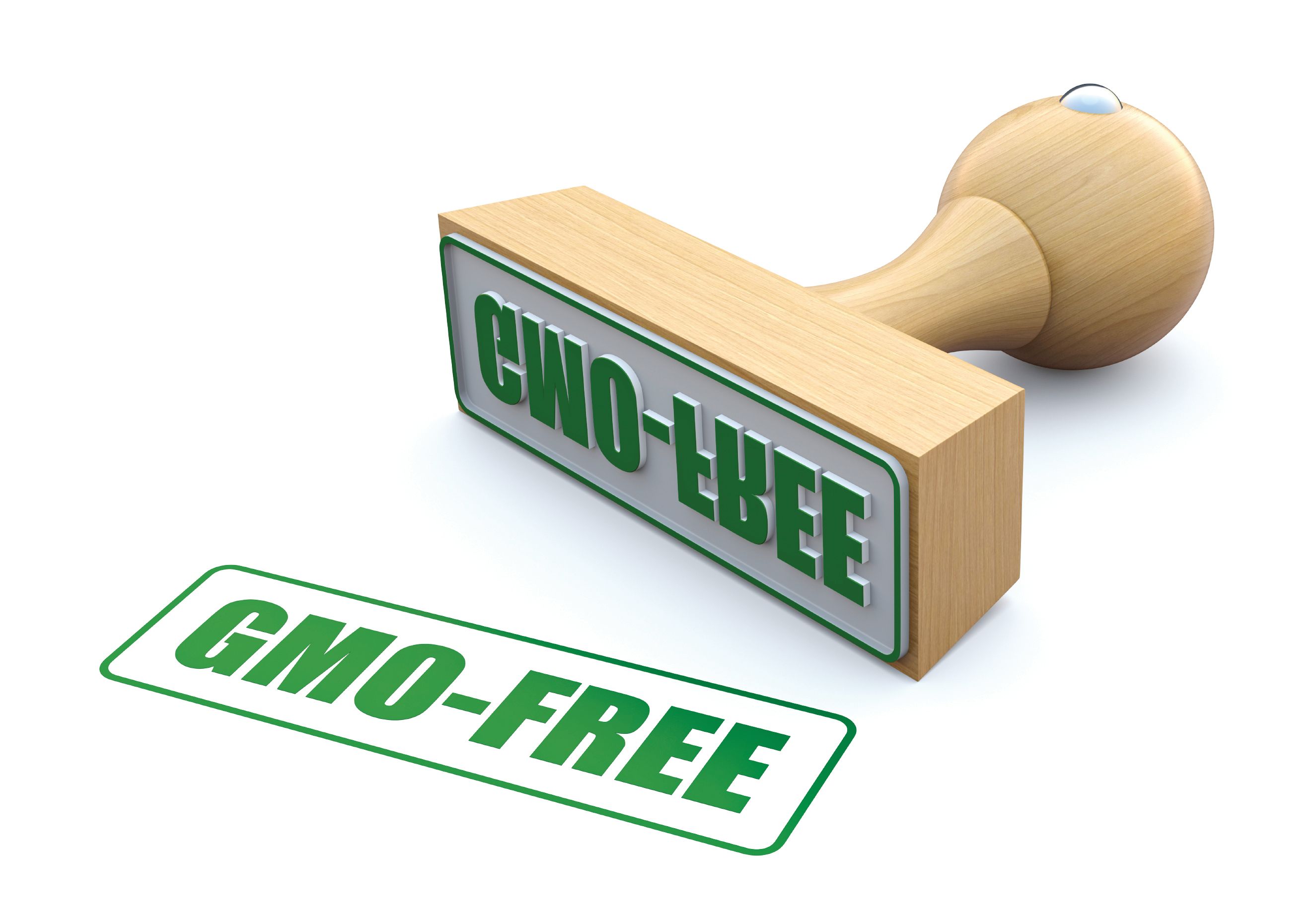Federal GMO-Labeling Act Defeated in Senate
The defeated legislation, dubbed the “DARK” Act by consumer groups, would have preempted state-mandated GMO-labeling laws.
Photo © iStockphoto.com/mipan

Supporters of mandatory GMO-labeling celebrated yesterday as the U.S. Senate rejected controversial legislation that would have preempted state laws that mandate GMO labeling.
The Senate legislation, which was counterpart to the Safe and Accurate Food Labeling Act (SAFE; H.R. 1599) that passed in the House of Representatives last July, was dubbed the “Deny Americans the Right to Know” (DARK) Act by opponents. It failed to reach the 60-vote mark necessary to pass the Senate on Wednesday after passing the Senate Agriculture Committee by a 14–6 vote on March 1.
Rather than institute mandatory GMO-labeling, as a number of consumer groups have called for, the legislation would have established a voluntary, nationwide non-GMO certification program led by USDA. It would also preempt any past or future state-mandated GMO-labeling laws, including the Vermont mandatory GMO-labeling law set to go into effect in July.
Supporters of the legislation included food industry associations like the Grocery Manufacturers Association, the Corn Refiners Association, and the National Corn Growers Association, as well as companies such as DuPont and Monsanto. Several of these groups expressed disappointment with Wednesday’s vote and the possibility of “patchwork” state labeling laws.
“The impending implementation of a patchwork of state labeling legislation will soon harm both the American families who grow food and those who buy it,” said Chip Bowling, president of the National Corn Growers Association, in a statement issued yesterday. “Given the overwhelming scientific evidence of the safety of this technology and the vital role it will play in meeting the growing need to feed a growing global population, on-pack labeling that would create confusion and stigmatize biotechnology serves only a small activist population at the expense of consumers.”
But opponents of the act, such as the Organic Trade Association, the Center for Food Safety, and the Environmental Working Group, were quick to applaud the vote’s outcome.
“The defeat of the DARK Act is a major victory for the food movement and America’s right to know,” said Andrew Kimbrell, executive director of the Center for Food Safety. “It also is an important victory for democracy over the attempt of corporate interests to keep Americans in the dark about the food they buy and feed their families.”
Another controversial topic in the defeated legislation was the requirement that FDA define and regulate use of the term natural, a problematic grey area that is the source of numerous lawsuits due to its current obscurity. But with the legislation fizzling in the Senate, it looks like the murkiness surrounding natural will remain for at least the near future.
The act failed to reach cloture in the Senate by a vote of 49–48. Senator Pat Roberts (R-KS) had introduced the bill.
Read more:
Would the Safe and Accurate Food Labeling Act's Non-GMO Label Overlap with USDA's Organic Seal?
Mandatory GMO Labeling Takes a Hit as House Votes Yes on Safe and Accurate Food Labeling Act
FDA Issues GMO Labeling Final Guidance for Foods Derived from Plants
Michael Crane
Associate Editor
Nutritional Outlook Magazine
michael.crane@ubm.com
Magnesium L-threonate, Magtein, earns novel food authorization in the European Union
December 19th 2024According to the announcement, the authorization is also exclusive to AIDP and its partner company and licensee, ThreoTech, meaning that they are the only parties that can market magnesium L-threonate in the EU for a period of five years.